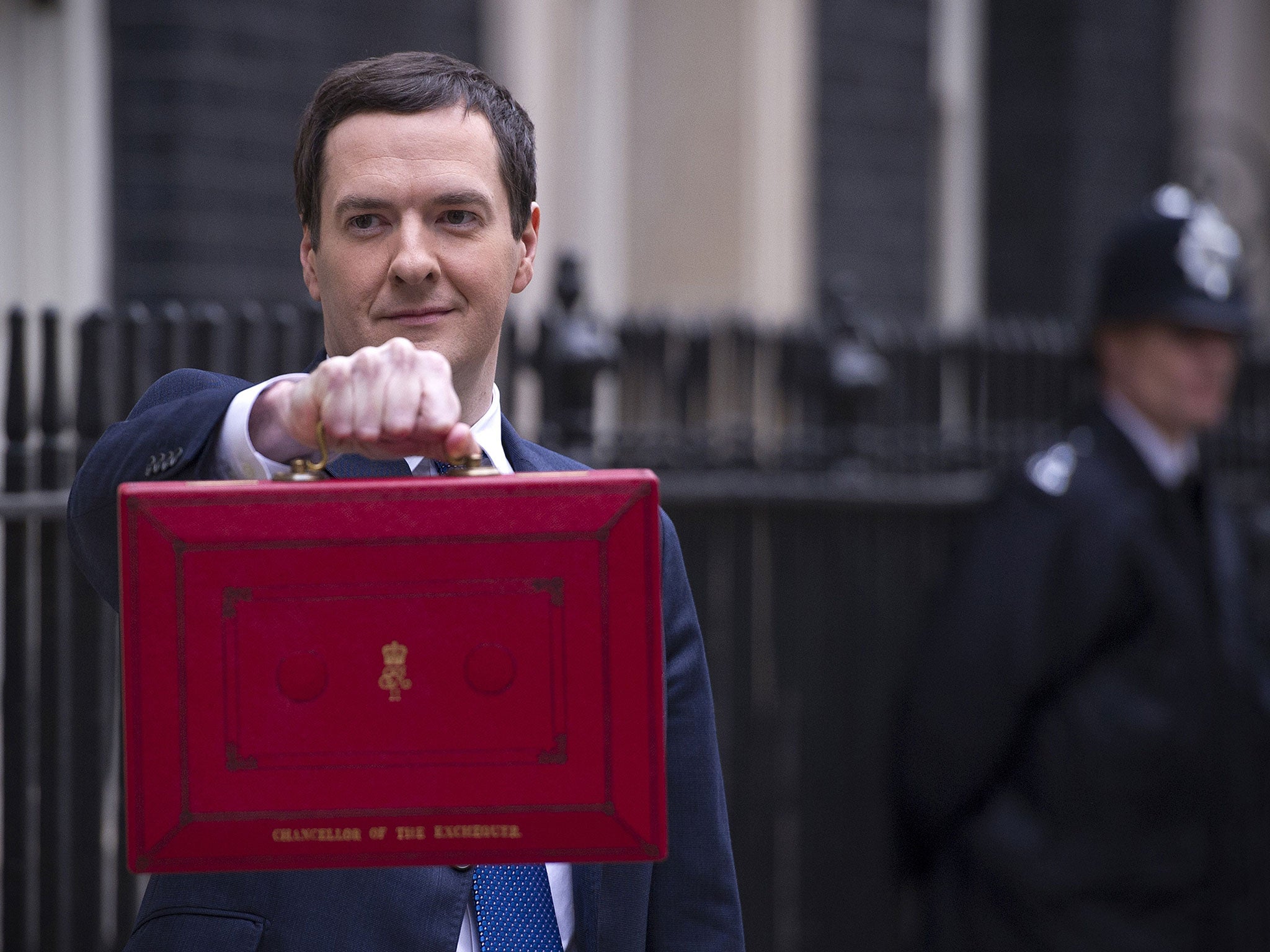Your support helps us to tell the story
From reproductive rights to climate change to Big Tech, The Independent is on the ground when the story is developing. Whether it's investigating the financials of Elon Musk's pro-Trump PAC or producing our latest documentary, 'The A Word', which shines a light on the American women fighting for reproductive rights, we know how important it is to parse out the facts from the messaging.
At such a critical moment in US history, we need reporters on the ground. Your donation allows us to keep sending journalists to speak to both sides of the story.
The Independent is trusted by Americans across the entire political spectrum. And unlike many other quality news outlets, we choose not to lock Americans out of our reporting and analysis with paywalls. We believe quality journalism should be available to everyone, paid for by those who can afford it.
Your support makes all the difference.The Conservatives have painted a “misleading” picture of their plans for deep cuts to public services, the respected Institute for Fiscal Studies has said.
Carl Emmerson, the institute’s deputy director, said George Osborne’s planned reductions to spending would be “anything but easy” to deliver and that cuts would feel harsher than under the 2010 coalition.
He argued that even if the government successfully made its huge planned £12bn cuts to welfare spending, cuts to other services would see a “slight acceleration” compared to the previous parliament.
“The cuts that the government announces later this year in next month’s Budget and the following Spending Review may turn out to be deliverable,” he said.
“But they certainly will not feel like is just 1 per cent being taken out of each area of spending, nor will it require merely ‘£13 billion from departmental savings’ as the Conservative manifesto described.
“While not inaccurate, these numbers give a misleading impression of what departmental spending in many areas will look like if the manifesto commitment to eliminate the deficit by 2018–19, largely through spending cuts, while not cutting spending in many areas, is to be met.”

Mr Emmerson said cuts could be even more painful on the ground because “easy” efficiency savings would have likely already been made by civil servants in the previous five years, and programmes that were not considered essential had already been scrapped.
He also noted that the Mr Osborne’s habit of protecting select departments from cuts meant that the impact would be felt more keenly elsewhere – including in local government services, policing, business, and transport.
Last month the IFS said the the Conservatives' planned cuts to welfare would likely either increase poverty or reduce work incentives.
In a statement to parliament today the Chancellor laid out more details of the Government’s spending plans, proposing to take a further £3bn from Whitehall departments this year.
“In the Budget and in the spending review that follows, we will take the necessary steps to eliminate that deficit and run the surplus required in good times to bring debt sustainable down. It is what we promised in the election; it is what we aim to deliver in government,” he told MPs.
“Now, I’m not going to pretend to the House that they will be easy decisions, but nor will I pretend to the public that we can avoid taking these decisions: we cannot. We have a structural budget deficit: we spend more than we collect in taxes and that is not going to be fixed by economic growth alone.”
The economic institute outlined its analysis in a presentation for its pre-budget briefing, which was jointly organised with the Institute for Government.
The warning comes as the OECD calls for the Government to ease off the pace of its cuts in the early years of this parliament to prevent sluggish growth.

Join our commenting forum
Join thought-provoking conversations, follow other Independent readers and see their replies
Comments